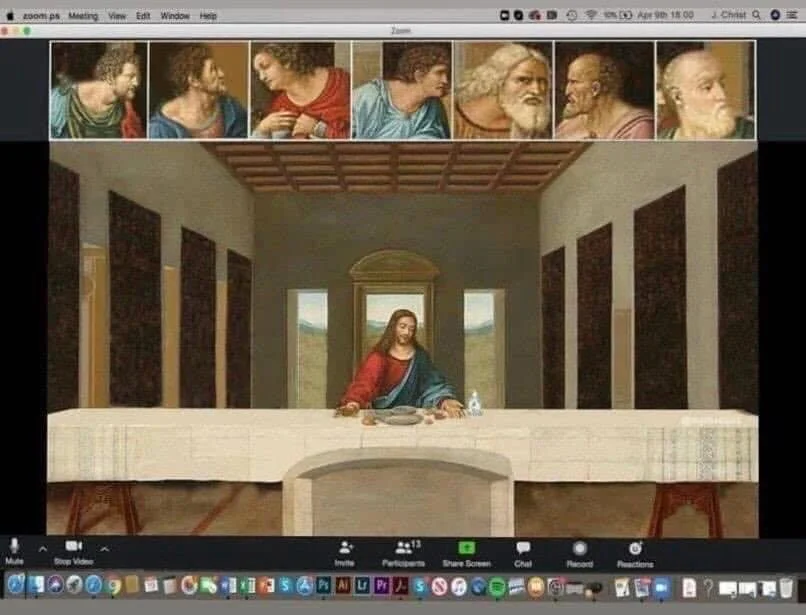It was one of those happy social-media pictures, only this time the pregnant mother was celebrating with her nine children.
Los Angeles comedian and actor Kai Choyce was not amused and tweeted the photo with this comment: "this is environmental terrorism. … In the year 2020 literally no one should have ten kids."
The result was a long chain of sweet or snarky comments, as well as photos of large families. One tweet quoted a Swedish study claiming that having "one fewer child per family" can save an average of 58.6 tons of "CO2-equivalent emissions per year."
Debates about fertility often veer into fights about religion and other ultimate questions, such as the fate of the planet.
Parents with two-plus children are often making a statement about the role of religious faith in their lives. People on the other side of this debate have frequently rejected traditional forms of religion.
"What we call 'culture wars' are wars about demographics, but we have trouble discussing that," said historian Philip Jenkins, who is best known for decades of research into global religious trends, while teaching at Pennsylvania State and Baylor University. His latest book is "Fertility and Faith: The Demographic Revolution and the Transformation of World Religions."
In the 1970s, researchers thought the link between secularization and falling birth rates was a "Protestant thing" in Europe, but then this trend spread into Catholic cultures in Europe and in Latin America, he said. Fertility rates are now collapsing in Iran and some Islamic cultures. Meanwhile, Orthodox Jews and traditional Catholics continue to have larger families than liberal believers in those ancient faiths.
America's 2019 birth rate fell to 1.71, its lowest level in three decades, and well under the replacement rate of 2.1. This took place before the coronavirus pandemic and the Brookings Institute recently predicted a "COVID baby bust" next year, resulting in up to half a million fewer births.
Researchers frequently argue about which comes first -- secularization or declining fertility.










